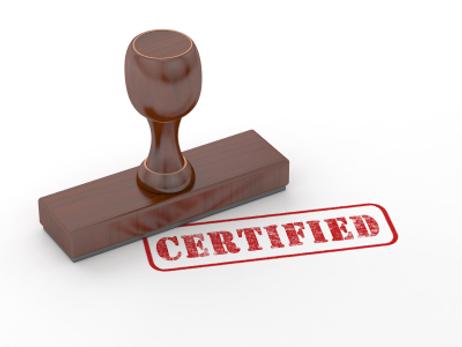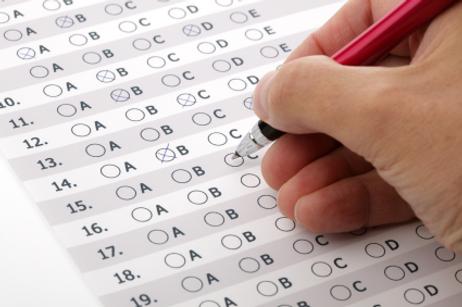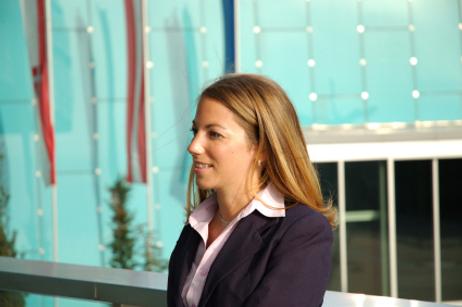What is Praxis?
ETS offers this explanation of the Praxis® tests: "The Praxis® tests measure the academic skills and subject-specific content knowledge needed for teaching. The Praxis tests are taken by individuals entering the teaching profession as part of the certification process required by many states and professional licensing organizations."
Who requires Praxis®?
Most states require public school teachers to be licensed. Part of the licensing process is taking and passing Praxis I and/or Praxis II. Praxis I tests your competence in Reading, Writing, and Mathematics. Many education programs will accept Paxis I scores in place of SAT or ACT scores. They basically test the same kind of readiness for tertiary-level academic work. From ETS: "These tests measure academic skills in reading, writing, and mathematics. They were designed to provide comprehensive assessments that measure the skills and content knowledge of candidates entering teacher preparation programs.
Praxis II consists of subject or content tests. These are offered in standard subject areas such as Spanish, physics, language arts and so on. If you seek to be licensed as a physics teacher, for example, you would pass the Praxis II exam in physics as part of that requirement. From ETS: "These tests measure subject-specific content knowledge, as well as general and subject-specific teaching skills, that you need for beginning teaching."
How do you prepare for the tests?
There are several Praxis test prep resources available, both for purchase and at no cost. Khan Academy offers free test


































